Portal Warehousing CEO on the Expansion of Co-Warehousing Solutions
We caught up with Alex Morrison to talk about the growing popularity of these flexible spaces.

Co-warehousing and flexible warehousing solutions continue their momentum in the larger industrial sector. Operators and providers of these services and spaces typically aim for clients that have changing needs in terms of scaling, and are looking to avoid the drawbacks of a long lease term. In today’s economic context, co-warehousing can help small businesses not only survive, but also thrive.
Nearly two years after Commercial Property Executive talked with Portal Warehousing CEO Alex Morrison, we checked in again to see how his company and this type of product have evolved.
We’ve seen a rise in popularity among investors for shallow-bay, multi-tenant industrial product in high-population growth, infill markets. In your experience, why is demand for this type of product so high today?
Morrison: From a fundamental real estate perspective, the demand for small-bay multi-tenant industrial is growing while the supply is static or even shrinking in some markets. Small-bay industrial is significantly more expensive to develop than Class-A industrial, meaning new supply does not come online in most markets. Capital markets also favor the long-term credit tenancy that comes with newly built industrial product, which can incentivize developers to even demolish existing small-bay space for new product.
From a demand perspective, we see an incredible diversity of businesses seeking space. Vacancy rates for small-bay space are still at or near all-time lows in most markets. There is strong demand and limited supply, which results in improved rental rates and returns that investors appreciate. Portal’s sweet spot of sub-2,500-square-foot spaces is even more supply-constrained and in-demand than small-bay industrial.
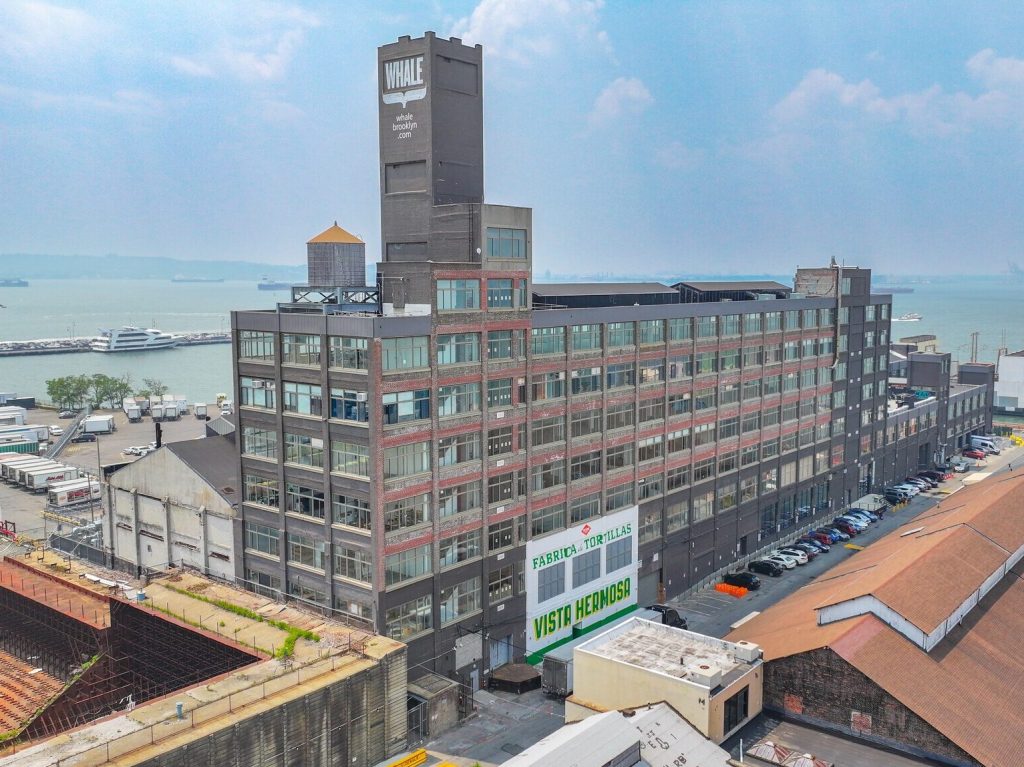
In our previous interview, you told us that Portal was offering integrated logistics solutions, technology partnerships and growth support to its clients. How have these services evolved and what types of partnerships were most beneficial for your business model?
Morrison: Our services have become much more robust since we last spoke. Our approach has always been to help our members scale and become more efficient with logistics. Some examples of our strategic partnerships include a shipping platform with volume discounts and AI insights through Gori Co., freight partnerships to help with shipments of less-than-truckload and full-truckload pallets, and agencies that focus on web development, marketing and multi-channel expansion. The most beneficial are the shipping platforms that allow our members to access rates through our volume that they normally could not find.
Multi-story industrial solutions are becoming more common, especially in markets where developable land is scarce. How can these serve the co-warehousing model?
Morrison: What we’ve shown with Portal Warehousing is our ability to create a supply of high-quality small industrial space for our customers who have limited options. While we have no problem operating in Class A industrial buildings with 32-foot clear height, we can also operate in more unique assets like big-box retail or multi-story loft-industrial buildings.
In infill markets like New York City, we are seeing a reversal of the creative office trend that repurposed legacy loft-industrial assets into offices. Portal’s model can bring demand and tenancy back to these assets. We have proven this with our most recent expansion in Brooklyn, where we are operating 60,000 square feet on the sixth and seventh floor of an infill industrial building.
Tell us more about this recent Brooklyn expansion. The borough has a thriving small business community. How do move-in ready spaces cater to the needs of such businesses?
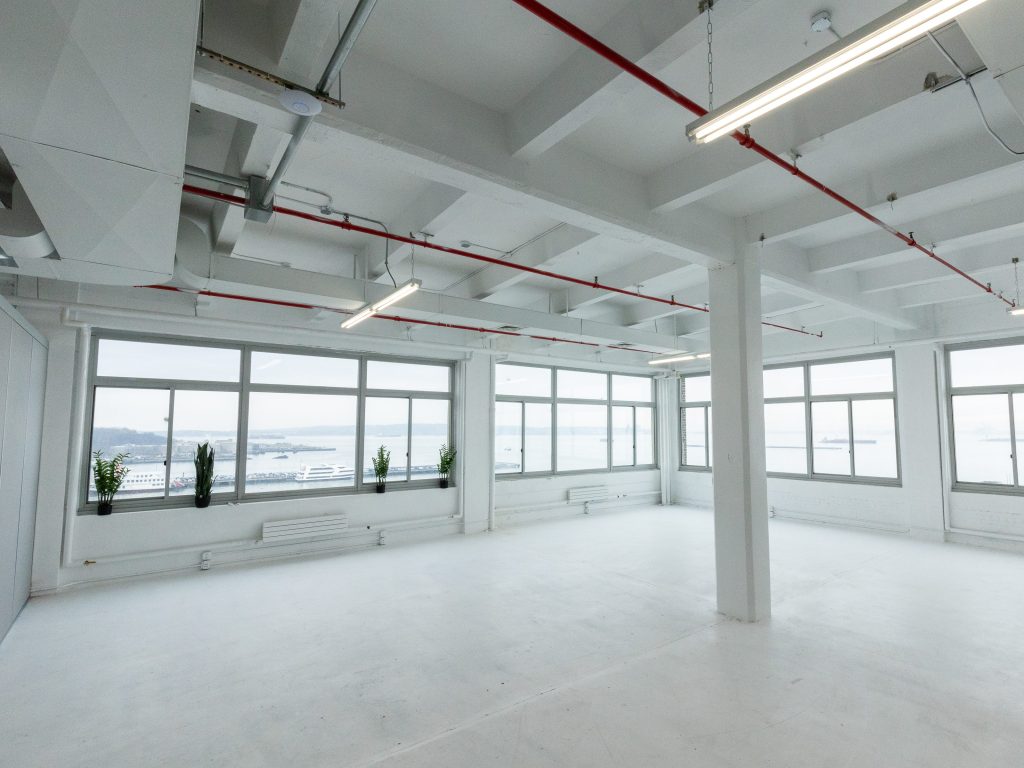
Morrison: Brooklyn is our newest co-warehousing facility that opened in January 2024. We’ve prioritized a Brooklyn location since we started the company; not only does it have a striving small business community, but it is also the second-largest market for e-commerce brands in the country. The Whale was built over 100 years ago as a multi-story manufacturing building, but for the past 10 years it has been marketed as a creative office building.
Portal was brought in to help bring the building back to its roots as an industrial building and generate leasing activity. Portal’s spaces range from 250 to 2,000 square feet, and we offer flexible terms, move-in ready space and logistics services. The building offers spaces from 2,000 to 50,000 square feet on traditional lease terms.
Portal members can grow out of Portal into direct space in the building without having to relocate, and tenants get access to the Portal community space and services. We are both an amenity and space provider in the building. Portal’s marketing efforts also generate direct leasing for traditional space in the building, which is a new business line that we see growing in the future.
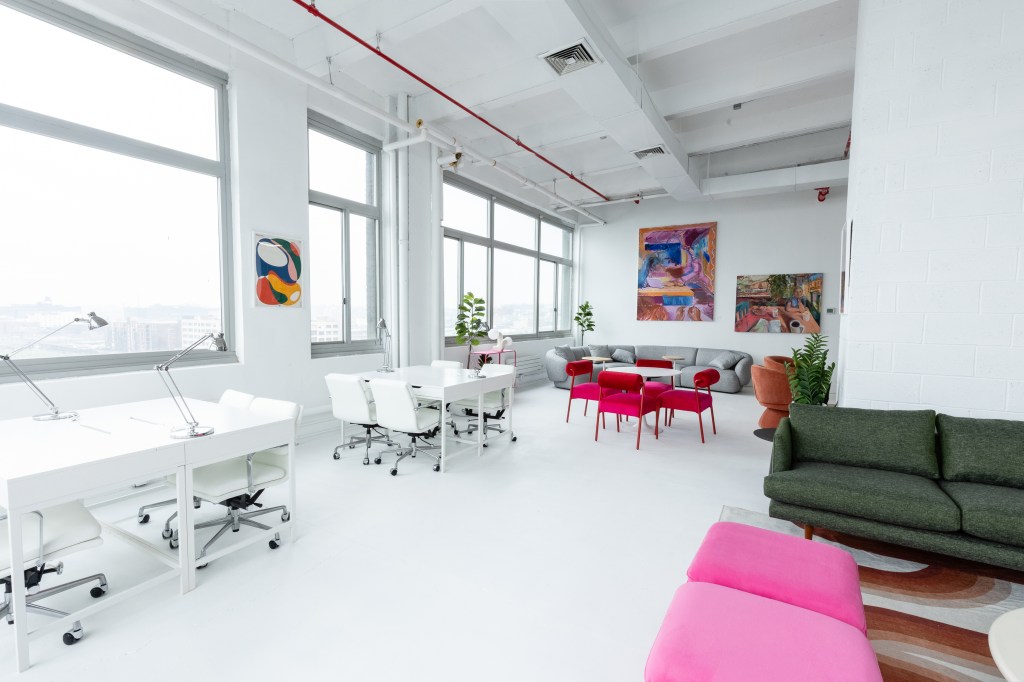
On a broader level, what role do you see Portal playing in supporting businesses in the rapidly evolving landscape of e-commerce and logistics?
Morrison: We see Portal as a strategic partner for e-commerce brands. Our core product is a high-quality flexible warehouse space where they can run a business from, but beyond that we are a trusted source of support and information.
Our on-site managers provide key logistics support on a day-to-day basis, solving major pain points for businesses such as managing inbound/outbound parcels on their behalf. Our strategic partnerships help our members with everything from shipping software to Shopify optimization, to packaging supplies.
Do you have any growth/expansion plans that you can share with us? Are you targeting any specific areas?
Morrison: Portal has an ambitious goal of reaching 20 facilities by the end of the year through a combination of acquisitions, third-party management, and select leases. We’ve seen a nice increase in inbound requests for third-party management opportunities, where an owner will hire Portal to manage and operate their existing building.
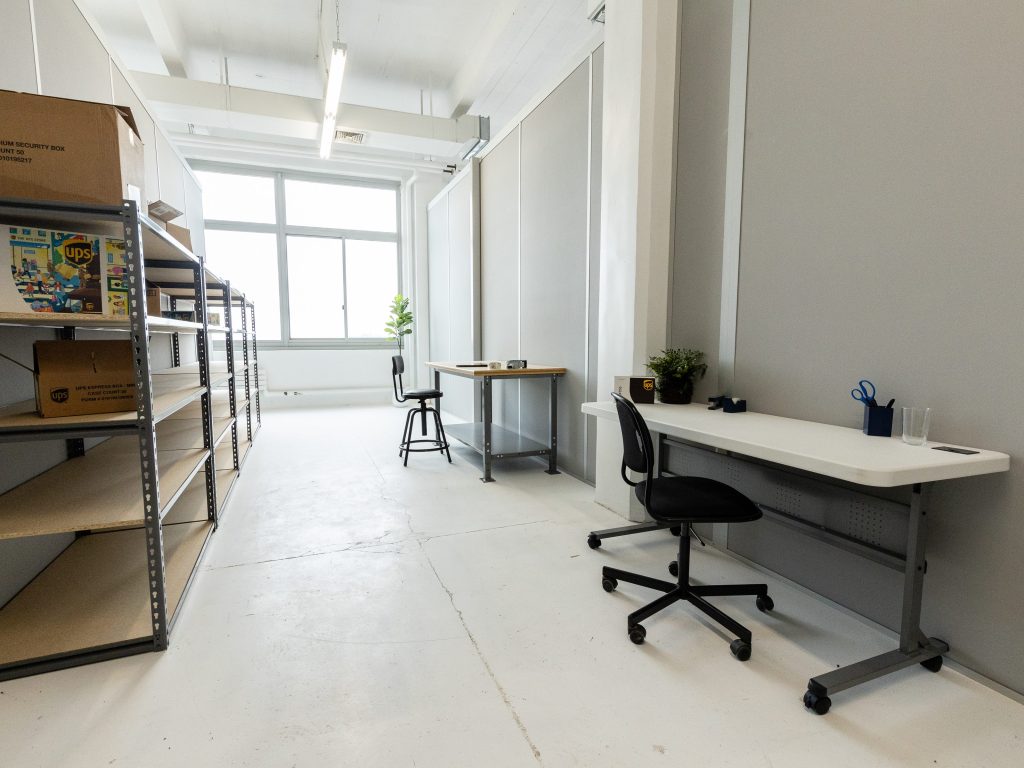
We’ve carved out a niche in maximizing value of unique buildings that are well-located but antiquated from a modern-day industrial perspective—low clear heights, challenged loading, limited parking, etc. On the acquisition side, we are evaluating several opportunities with real estate partners across the country, with a focus in the Southeast. On the leasing side, we are selectively underwriting opportunities with adequate tenant improvement packages provided by the landlord. We see 2024 as a big year of growth for us, and we are ready for it.
What can small businesses learn from bigger players, and how does this translate into the Portal model?
Morrison: The community we build at Portal is critical to our success and the success of our members. If you walk into one of our locations today, you’d find everyone from emerging e-commerce brands to public companies working next door to one another. The conversations, business advice and relationships that come out of our space are truly special and hard to replicate in other environments.

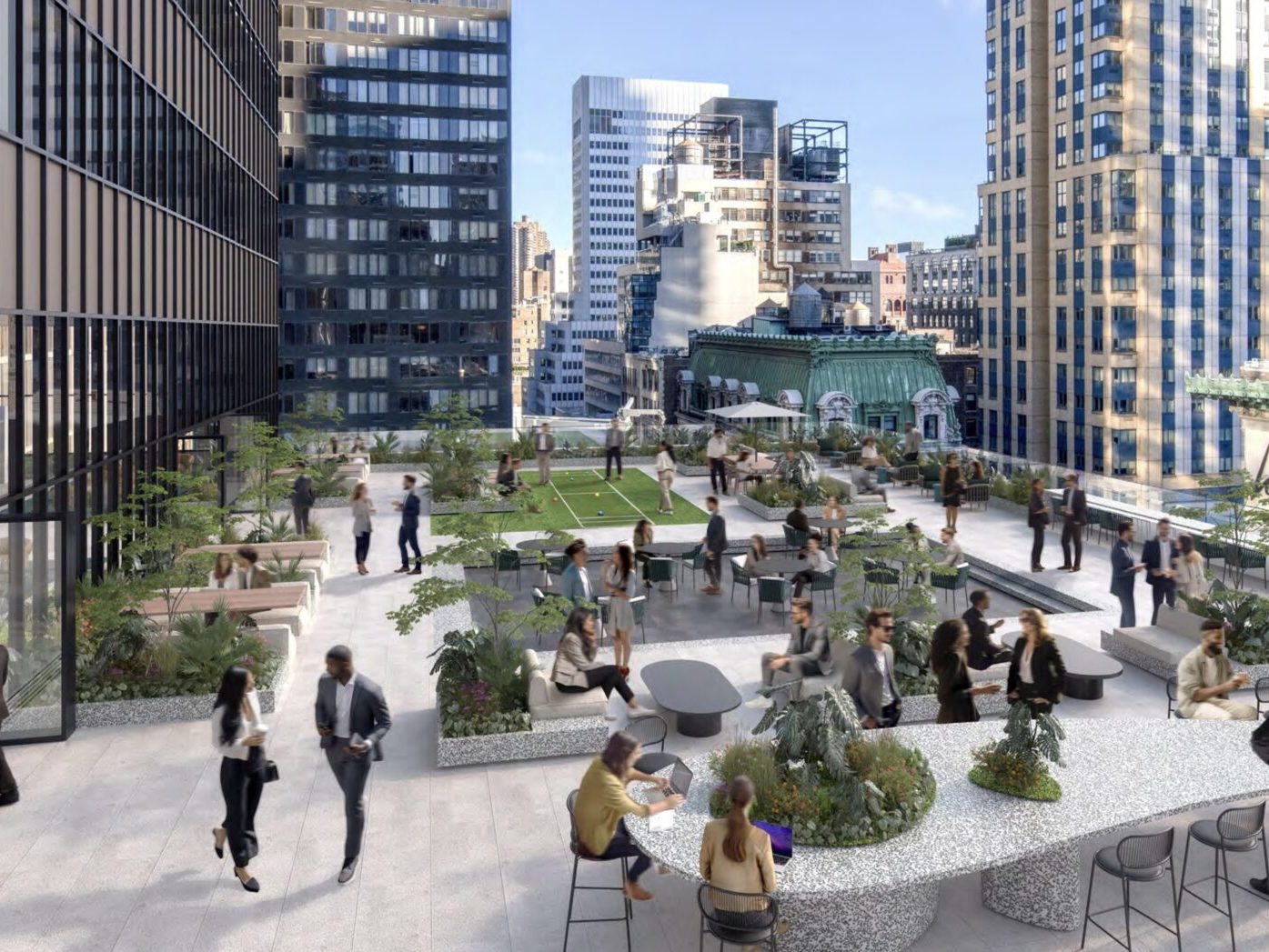

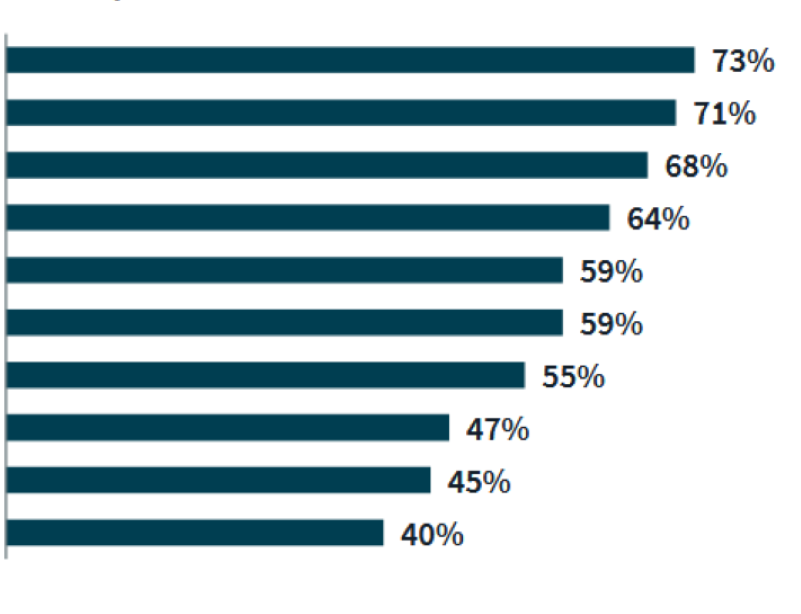
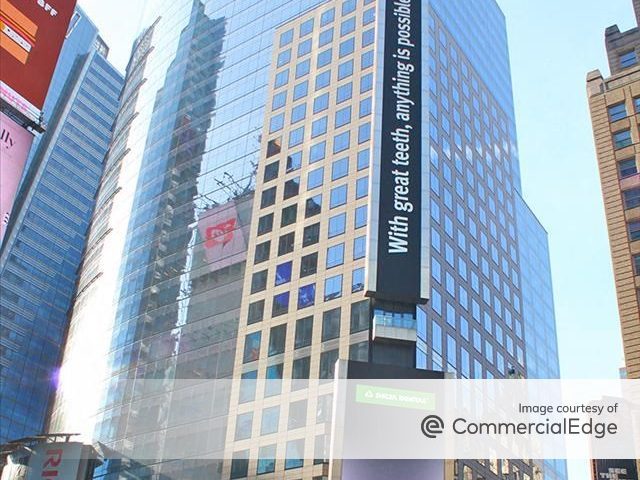
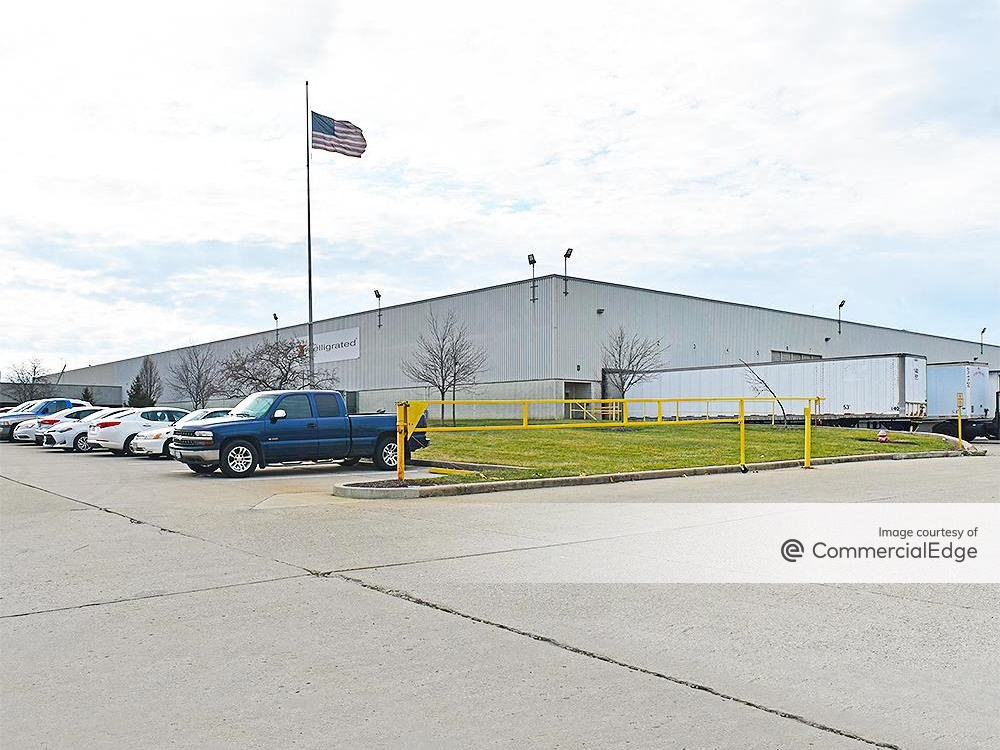
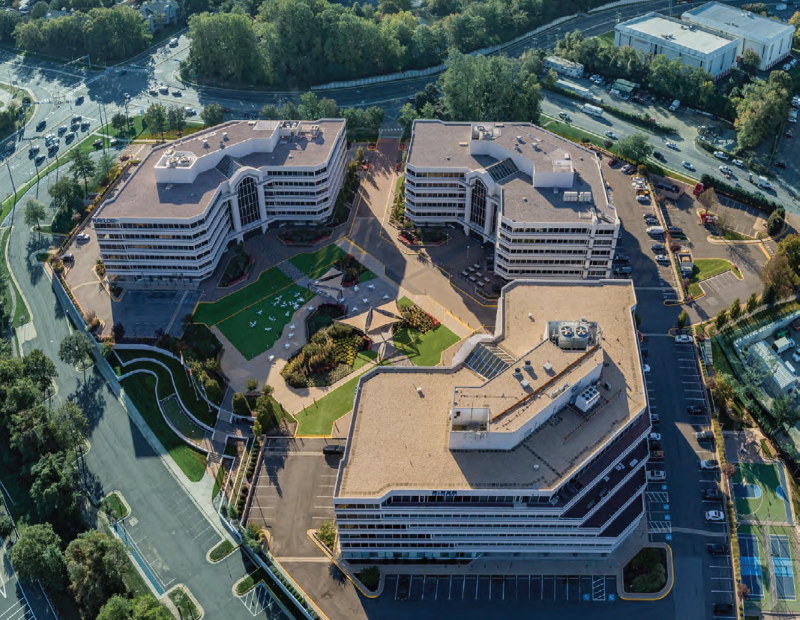
You must be logged in to post a comment.